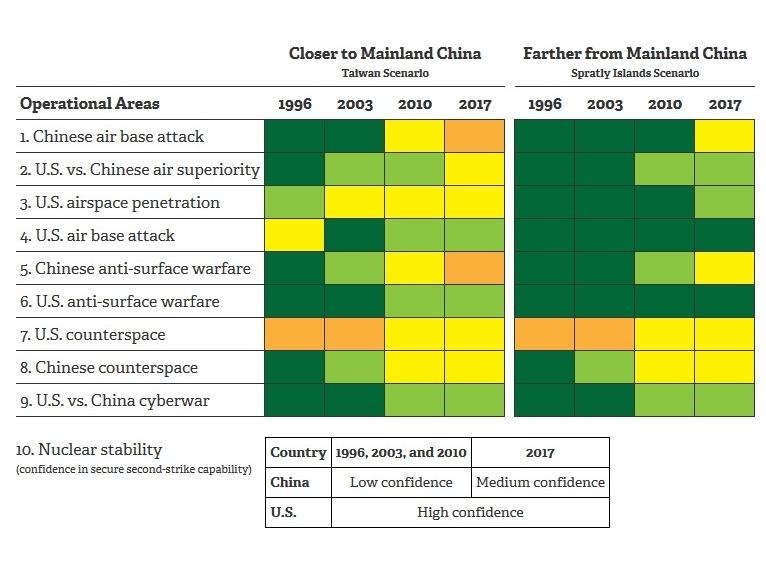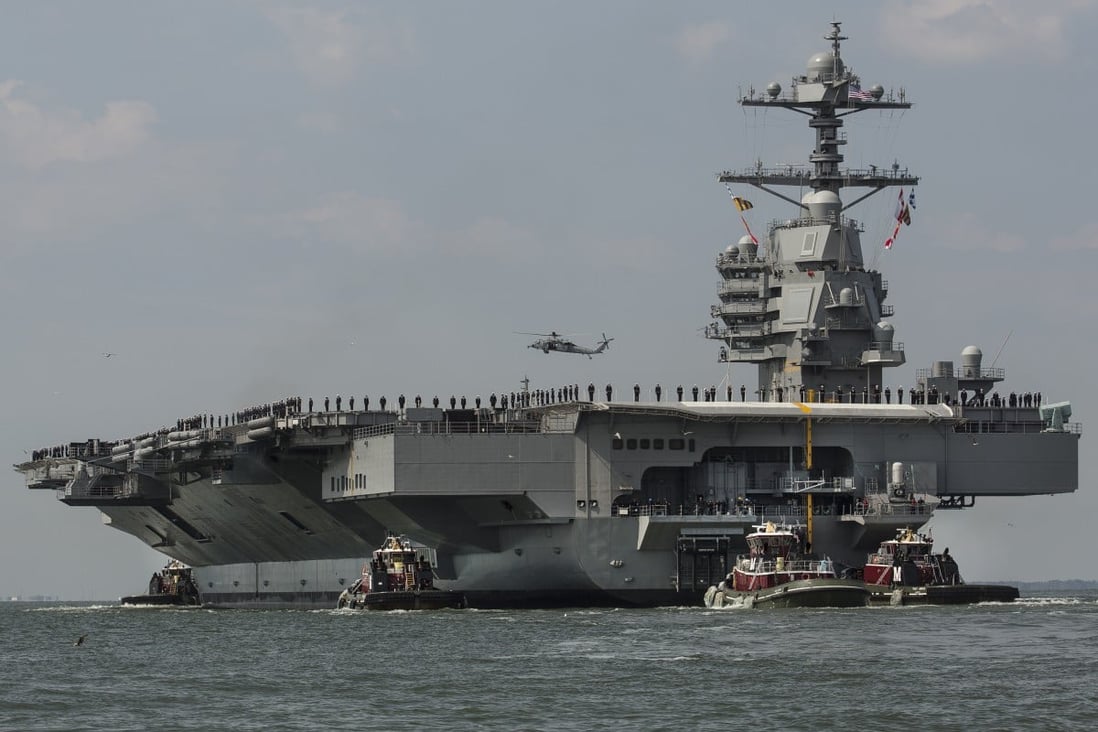SavannahMann
Platinum Member
- Nov 16, 2016
- 14,540
- 6,819
- 365
You are partially correct but you are citing an old or even outdated strategy/dogma. The present strategy is based on an immediate strike capability that due to distance reduction enables to circumvent defense systems and gains precious time - therefore allowing a nuclear first strike capability to knock out respective targets (foremost command & communication structure) and e.g. the enemies known nuclear launch sites. - if successful in regards to destruction and intimidation, it then is meant or thought to prevent nuclear retaliation strikes.
This concept in the meantime is beheld by all nations, especially those with the respective capabilities. China is presently enhancing this 'first strike" capability respectively the intimidation capability of such a first strike possibility.
And due to this known strategy - all nations involved have set a priority towards disabling that particular threat. E.g. there is more or less no possibility or chance left for an enemy sub (Boomer) to leave port without being followed up immediately and being constantly tracked. That is what this whole sub chase is all about.
But anyway - this isn't the tread topic - which was the possible destruction of a US carrier or part or an entire USN Task force roaming in and around the South-China -Sea.
The ability to destroy a Carrier task group has been there for decades. It’s always been there. It’s one of the reasons Nuclear Tipped Torpedoes were developed. Launch one torpedo, and let it damage the ships in the task group. Of course, those torpedoes would be very effective against submarine threats too. And this theory has been in place since the 1960’s, we know now that the Submarines we were hunting around Cuba were armed with Nuclear Torpedoes, with orders to fire if they were attacked. Of course, we also know now, that the defensive troops had short range nuclear tipped missiles to be used if the Enemy stormed the beaches. Either of those would have triggered WW III.
During the last part of the Soviet Union, the attack plan centered around aircraft. Ground based long range bombers that could attack in a wagon wheel with weapons inbound from every angle. Some would certainly get through, and cause significant damage or the destruction to the Carrier and its escorts.
There has always been a threat. In fact, during War Games a couple decades ago, a madman General came up with a way for Iran to actually launch a successful attack against a Carrier.
Millennium Challenge 2002 - Wikipedia
It was very controversial. As you can imagine. And nothing is changed. It is possible to attack, and even sink a Carrier. It is possible to do that without hypersonic missiles. It’s possible to do that without nuclear weapons. Our allies manage to evade our anti submarine rings during training exercises.
How a cheap Swedish submarine 'ran rings' around a US aircraft carrier and its sub-hunting escorts
The Swedish sub HSMS Gotland didn't actually sink the USS Ronald Reagan, but it showed that it could be done.
So China saying their Wargames showed they could do it, not surprising nor frightening. Hell we do it to ourselves in training more often than not.


/pic24006.jpg)
